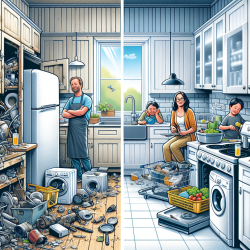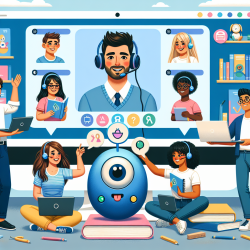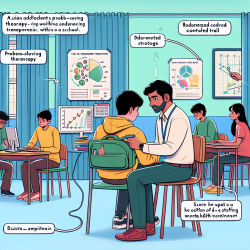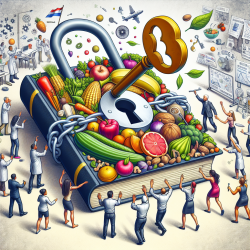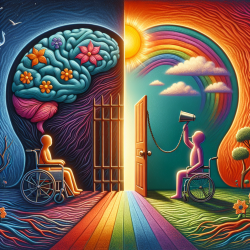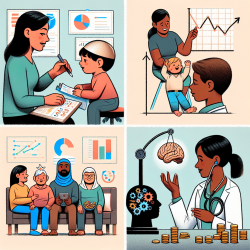Introduction
In a world increasingly driven by sustainability and circular economy principles, the reuse of white goods presents a significant opportunity. The research article, "Enabling Reuse in Extended Producer Responsibility Schemes for White Goods: Legal and Organisational Conditions for Connecting Resource Flows and Actors," sheds light on the potential and challenges of enhancing reuse activities within Extended Producer Responsibility (EPR) schemes. This blog explores how practitioners can leverage these insights to improve their skills and encourage further research in the field.
The Promise of Reuse in White Goods
White goods, such as refrigerators, washing machines, and stoves, are among the consumer waste streams with the highest potential for reuse. However, the large-scale reuse of these products remains challenging due to a series of legal and organizational barriers. The research highlights that while EPR schemes have contributed to material and energy recovery, they often fall short in incentivizing reuse activities.
Barriers to Reuse
The research identifies several barriers that hinder the development of reuse activities within EPR schemes:
- Collection and Transportation: Current systems often focus on recycling, leading to rough handling and transportation of end-of-life (EOL) products, which diminishes their reuse potential.
- Repair and Refurbishment: The lack of standardized repair information and limited availability of spare parts pose significant challenges to repair activities.
- Market Barriers: Consumers' perceptions of reused products as lower quality and their reluctance to pay a premium for them limit market demand.
Drivers for Reuse
Despite these challenges, several drivers can enhance the potential for reuse:
- Policy Interventions: The introduction of reuse quotas and more stringent regulations can incentivize reuse activities.
- Economic Potential: Access to large volumes of EOL products and collaboration with existing structures can reduce costs and increase profitability.
- Social Benefits: Reuse activities can create jobs and contribute to social sustainability, providing an additional incentive for engagement.
Interventions for Upscaling Reuse
To unlock the potential of reuse, the research suggests several interventions:
- Clear Guidelines: Establish guidelines for reusers on conditions for reuse to ensure quality and compliance.
- Standardization: Promote the standardization of components and product design to facilitate repair and refurbishment.
- Government Support: Provide financial support to the reuse sector to enhance economic viability.
Conclusion
By addressing the barriers and leveraging the drivers identified in the research, practitioners can play a pivotal role in enhancing the reuse of white goods. This not only contributes to sustainability but also opens up new business opportunities within the circular economy. For those interested in delving deeper into the research findings, the original paper provides a comprehensive analysis of the legal and organizational conditions necessary for successful reuse initiatives.
To read the original research paper, please follow this link: Enabling Reuse in Extended Producer Responsibility Schemes for White Goods: Legal and Organisational Conditions for Connecting Resource Flows and Actors.
